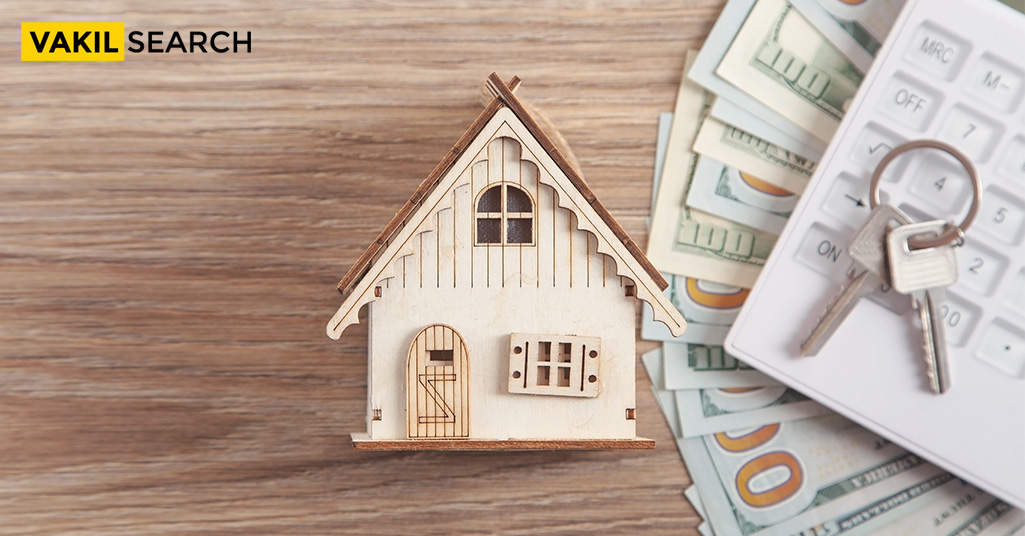When the procedure of finalising the sale deed is completed, the buyer receives ownership of the property. Thus, it’s important to have a witness while drafting a sale deed. Read this article to know who can be a witness to a sale deed in India.
Who Can Witness a Sale Deed Agreement?
A sale deed is an important part of any property purchase. Any person, connected or not, can sign a document as a witness. A witness can only be one of the parties to the agreement. A minor can act as a witness to a contract. A witness is a person who testifies about facts in dispute between the parties in a case.
‘A promoter shall not accept a sum greater than 10% of the cost of the apartment, plot, or building, as the case may be, as an advance payment or an application fee from a person without first entering into a written agreement for sale with such person and registering the said agreement for sale, under any law for the time being in force’, according to Section 13(1) of the Real Estate (Regulation and Development) Act 2016. A sale deed, on the other hand, is an instrument that grants the buyer the right, interest, and ownership of the property.
Why Do You Need a Sale Deed?
It is the most important legal document you will have when you buy a house. You will be able to proceed with the registration and mutation of the property based on the purchase document. Legal draughts men draw the sale deed or purchase deed on non-judicial stamp paper according to the value stipulated by a state’s stamp duty laws.
When buying or selling a home, the transaction is not legally binding unless both the buyer and the seller sign the sale deed in front of at least two witnesses. The registration act of 1908 governs the sale deed, which is the most significant document to have when selling or buying property in India.
What Other Information Must a Sale Deed Include?
Sales agreements should preferably include a language stating that if either the buyer or the seller defaults, the defaulting party must pay a penalty to the non-defaulting party in order for the sale transaction to be completed. The sale deed must be ratified by two witnesses from both sides after it has been prepared. Witnesses must offer their complete addresses, signatures, and names. Every page must have both the buyer’s and seller’s signatures.
Who Is Involved in the Creation of a Sale Deed?
A sales deed, of course, must begin with the names and addresses of the parties engaged in the transaction. To be valid, it must include the names, ages, and addresses of the parties (buyer and seller) involved in the
transaction. The deed must be signed and executed with the best of intentions by both parties.
What Details Regarding the Property a Sale Deed Must Contain?
The property you want to acquire must be properly described in the sales deed. If you’re buying a 1BHK studio apartment in Chennai, for example, the sales paperwork should include the total plot area, identification number, construction specifications, exact location, and surrounds. To describe the precise location of the property, the property schedule must be included in the sale transaction.
What Is a Sale Consideration Clause?
The sale consideration clause must include the sum agreed upon by the buyer and seller. This is the sum that the buyer agrees to pay the seller during the completion of the sale deed. The agreed-upon sale amount should be stated clearly on the deed.
What Is the Default Clause That a Sale Deed Should Have?
When the property title is conveyed to the buyer, it should be specified in the sale deed. The seller must be given a deadline for transferring the title. Once the title has been transferred, all relevant rights shall pass onto the buyer. The seller’s possession of the property must be transferred to the buyer after the registration process is completed, according to a clause in the sale deed. The actual date of conveyance of possession should be stated in the sale deed.
Conclusion
A sale deed is a crucial document that is essential not only for conducting transparent real estate transactions but also for securing loans. As a result, you should be careful while obtaining your sale deed and the people you bring along as witnesses. Vakilsearch is the leading online legal service provider. Please see our website for more information on our services related to the sale deed and other agreements such as rental agreement, franchise agreement, NDA and more. Simply fill out the form and an expert will contact you as soon as possible.
FAQs on Witness in a Sale Deed
Who can be a witness?
Anyone above 18 years old and of sound mind can be a witness as long as they are:
Not a party to the sale deed: This means they can't be the buyer, seller, or spouse of either party.
Not legally incompetent: People with unsound minds or incapable of giving evidence shouldn't be witnesses.
Neutral and unrelated to the transaction: While family members can technically be witnesses, choosing neutral individuals is advisable to avoid potential conflicts of interest.
Can family members be witnesses?
While legal, it's best practice to avoid having family members as witnesses for reasons of potential bias and complications in case of future disputes. Choosing independent, neutral witnesses adds credibility and clarity to the transaction.
Liability of a witness
A witness primarily confirms the identity of the parties and confirms they witnessed the document's signing. Generally, they have limited liability. Their primary responsibility is to:
Be present during the signing of the sale deed.
Verify the identity of the parties using valid ID documents.
Sign the sale deed after verifying the signatures of the buyer and seller.
Be able to testify in court about the signing process and identify the parties involved if required.
Attesting witness vs. other witnesses
An attesting witness has the exact requirements as other witnesses but plays a slightly more prominent role. They typically:
Sign each page of the sale deed along with the parties and other witnesses.
You may be required to be present during the deed registration with the Sub-Registrar office.
Witnesses for notary and property registration
For documents requiring notarization, witness requirements often overlap with those for sale deeds. Anyone fulfilling the general criteria can be a witness. For property registration in India, witness requirements again align with those for sale deeds. Two independent witnesses are typically required, one each from the buyer and seller side.










